ORIGINAL RESEARCH Open Access Vermicomposting biotechnology: recycling of palm oil mill wastes into valuable products Parveen Fatemeh Rupani1*, Mahamad Hakimi Ibrahim1 and Sultan Ahmed Ismail2 Abstract Background: Palm oil mill effluent and palm press fiber are problematic wastes generated by the palm oil mill industries in Malaysia. This study ...
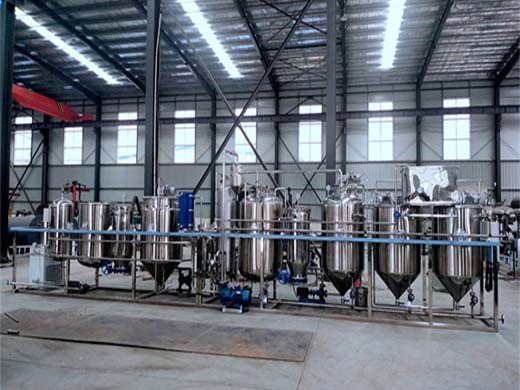
Background Palm oil mill effluent and palm press fiber are problematic wastes generated by the palm oil mill industries in Malaysia. This study has endeavored to assess the possibility of the ...
Get Price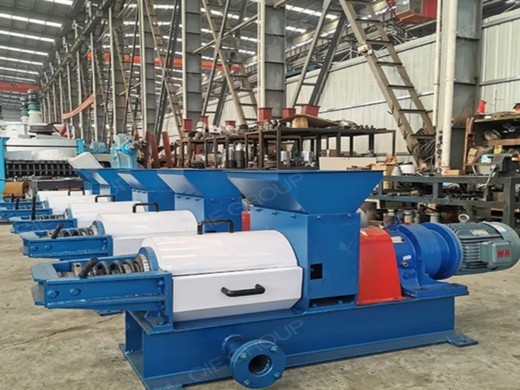
Vermicomposting biotechnology: recycling of palm oil mill wastes into valuable products International Journal of Recycling of Organic Waste in Agriculture , Aug 2013 Parveen Fatemeh Rupani , Mahamad Hakimi Ibrahim , Sultan Ahmed Ismail
Get Price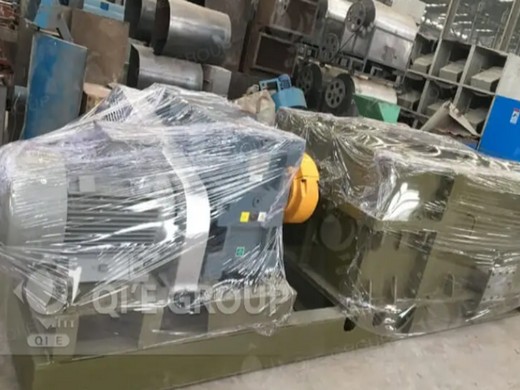
Sustainable Management of palm oil mill waste using vermicomposting technology . Conference Paper (PDF Available) · May 2012 with 106 Reads How we measure 'reads' A 'read' is counted each time ...
Get Price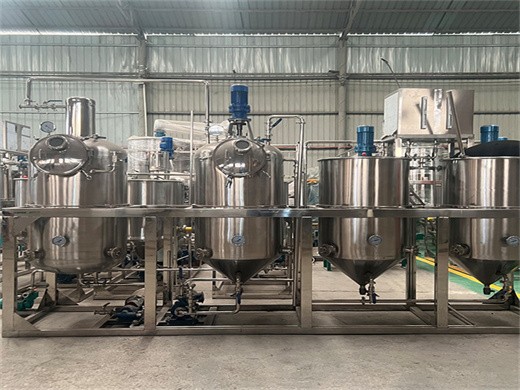
Background Palm oil mill effluent and palm press fiber are problematic wastes generated by the palm oil mill industries in Malaysia. This study has endeavored to assess the possibility of the vermicomposting of residue from the palm oil mills using epigeic earthworms Lumbricus rubellus under laboratory conditions. The study was conducted over 50 days using four combinations in three replicates ...
Get Price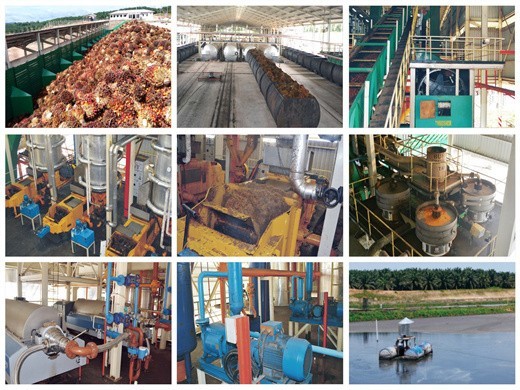
The present study reports mathematical modelling of palm oil mill effluent and palm-pressed fiber mixtures (0% to 100%) during vermicomposting process. The effects of different mixtures with respect to pH, C:N ratio and earthworms have been optimized ...
Get Price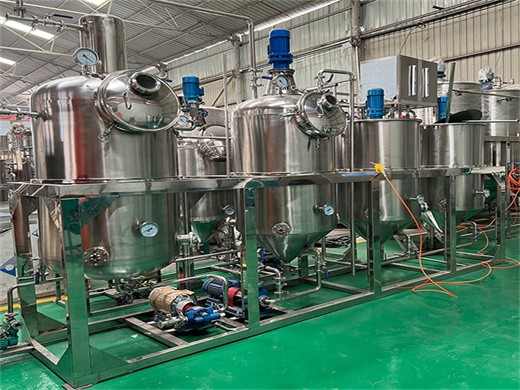
Background: Palm oil mill effluent and palm press fiber are problematic wastes generated by the palm oil mill industries in Malaysia. This study has endeavored to assess the possibility of the vermicomposting of residue from the palm oil mills using epigeic earthworms Lumbricus rubellus under laboratory conditions.
Get Price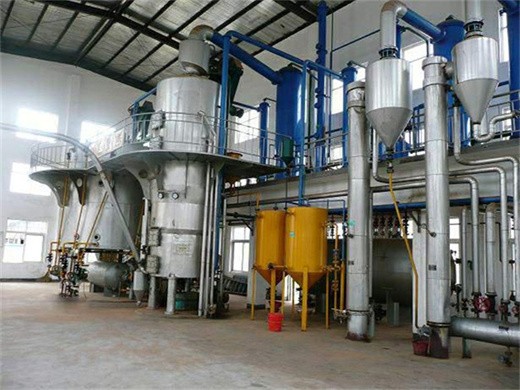
Malaysia is the largest producer of palm oil (Elaeis guineensis). Collectively Malaysia and Indonesia contributes about 87 % of world palm oil production. Oil palm processing generates a large quantity of by-products including Palm oil mill effluent
Get Price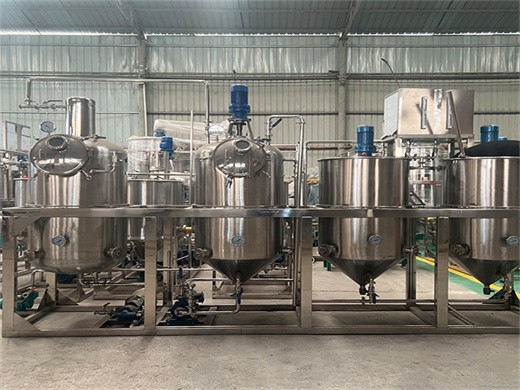
The present study reports mathematical modelling of palm oil mill effluent and palm-pressed fiber mixtures (0% to 100%) during vermicomposting process. The effects of different mixtures with respect to pH, C:N ratio and earthworms have been optimized using the modelling parameters. The results of analysis of variance have established effect of different mixtures of palm oil mill effluent plus ...
Get Price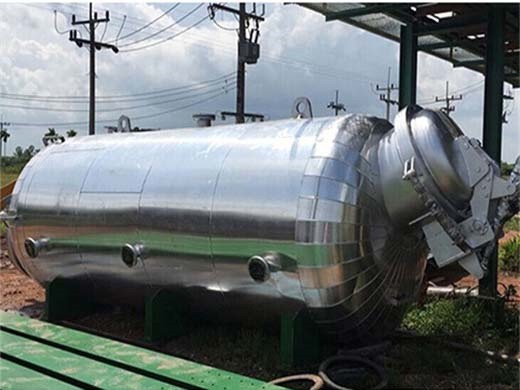
2013-07-15· Palm oil mill effluent and palm press fiber are problematic wastes generated by the palm oil mill industries in Malaysia. This study has endeavored to assess the possibility of the vermicomposting of residue from the palm oil mills using epigeic earthworms Lumbricus rubellus under laboratory conditions.
Get Price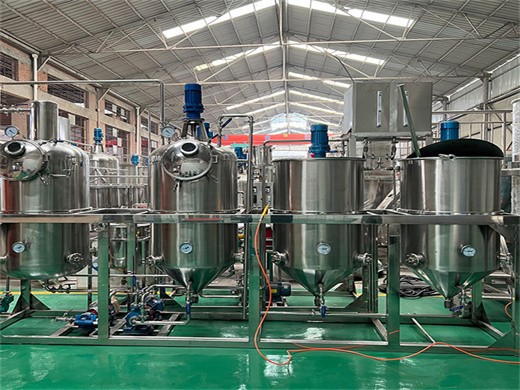
Background Palm oil mill effluent and palm press fiber are problematic wastes generated by the palm oil mill industries in Malaysia. This study has endeavored to assess the possibility of the
Get Price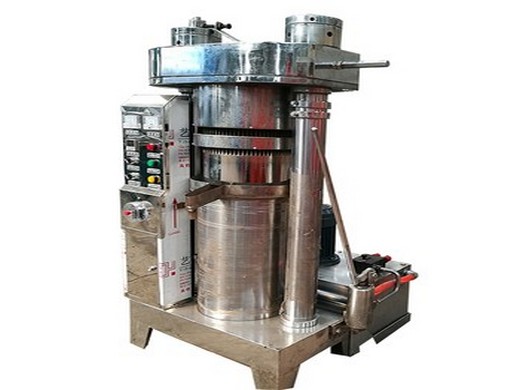
ORIGINAL RESEARCH Open Access Vermicomposting biotechnology: recycling of palm oil mill wastes into valuable products Parveen Fatemeh Rupani1*, Mahamad Hakimi Ibrahim1 and Sultan Ahmed Ismail2 Abstract Background: Palm oil mill effluent and palm press fiber are problematic wastes generated by the palm oil mill industries in Malaysia. This study
Get Price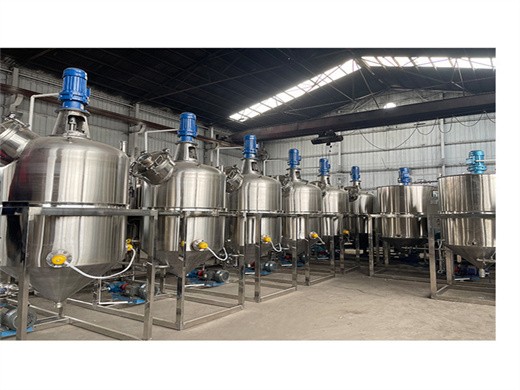
Vermicomposting biotechnology: recycling of palm oil mill wastes into valuable products
Get Price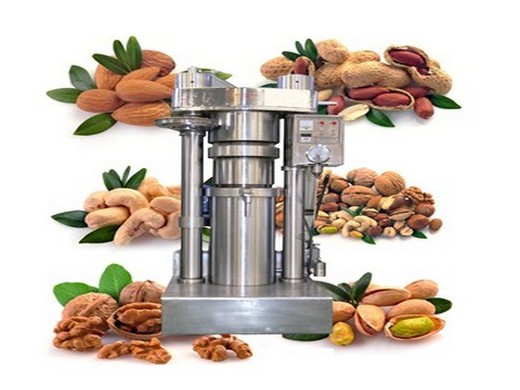
Vermicomposting biotechnology: recycling of palm oil mill wastes into valuable products International Journal of Recycling of Organic Waste in Agriculture,Aug 2013 Parveen Fatemeh Rupani,Mahamad Hakimi Ibrahim,Sultan Ahmed Ismail
Get Price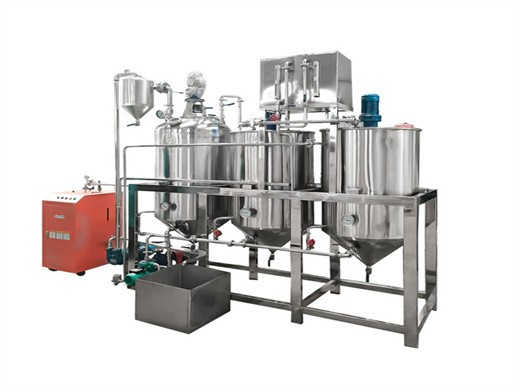
Background: Palm oil mill effluent and palm press fiber are problematic wastes generated by the palm oil mill industries in Malaysia. This study has endeavored to assess the possibility of the vermicomposting of residue from the palm oil mills using
Get Price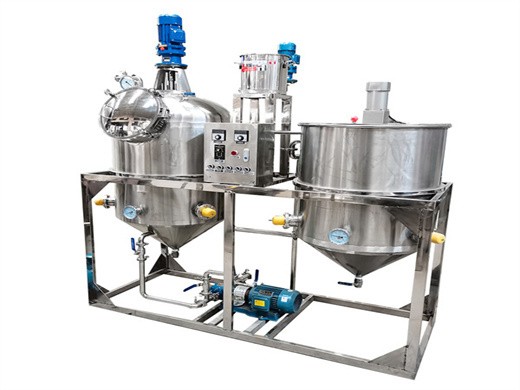
Background: Palm oil mill effluent and palm press fiber are problematic wastes generated by the palm oil mill industries in Malaysia. This study has endeavored to assess the possibility of the vermicomposting of residue from the palm oil mills using epigeic earthworms Lumbricus rubellus under laboratory conditions.
Get Price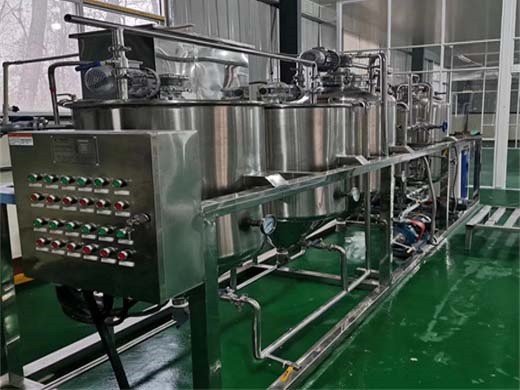
Background Palm oil mill effluent and palm press fiber are problematic wastes generated by the palm oil mill industries in Malaysia. This study has endeavored to assess the possibility of the vermicomposting of residue from the palm oil mills using epigeic earthworms Lumbricus rubellus under laboratory conditions. The study was conducted over 50 days using four combinations in three
Get Price
Sustainable Management of palm oil mill waste using vermicomposting technology . Conference Paper (PDF Available) · May 2012 with 107 Reads How we measure 'reads' A
Get Price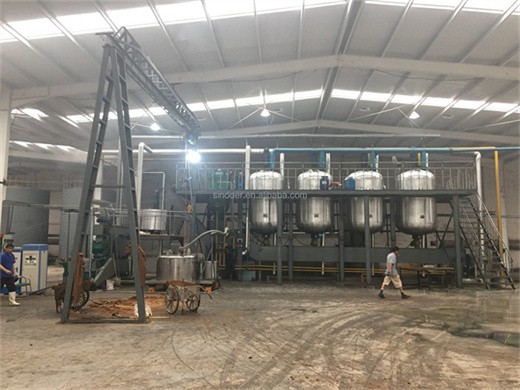
Hayawin investigated the viability of vermicompost cultivated in a media comprising of oil palm empty fruit bunch (OPEFB) and anaerobically digested palm oil mill effluent (POME). Palm oil seedling treated in POME:OPEFB (50:50) was germinated greater than frond, stem and root (dry weight), compared to being solely treated with chemical fertilizers.
Get Price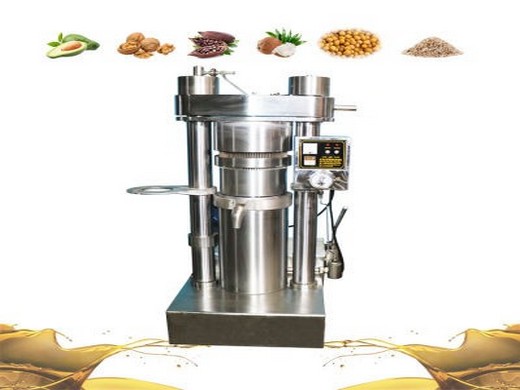
With regard to this, we aimed to develop a newly formulated bio-lubricant from palm oil mill effluent (POME), which is the waste from palm oil mill industries. In contrast to the other bio-lubricant, this POME derived bio-lubricants will not be challenged by this dilemma since it is fully based on unwanted surplus of farm crops. Moreover, it is
Get Price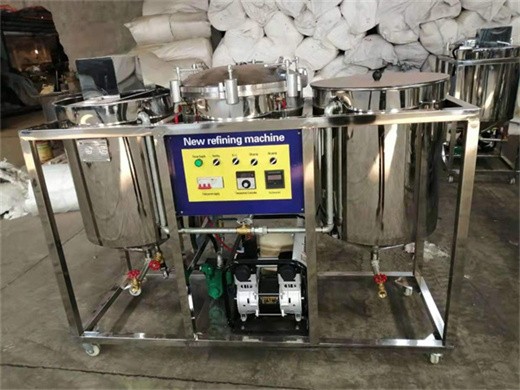
Vermicomposting biotechnology: recycling of palm oil mill wastes into valuable products PF Rupani, MH Ibrahim, SA Ismail International Journal Of Recycling of Organic Waste in Agriculture 2 (1), 10,
Get Price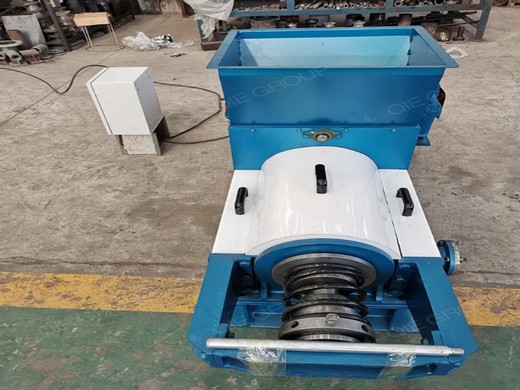
Waste Minimization: Utilization of Palm Oil Mill Wastes by Vermicomposting Technique Parveen Fatemeh Rupani 1+, Asha Embrandiri 1, Shlrene quaik1, M. Hakimi Ibrahim1 1 School of Industrial Technology, Universiti Sains Malaysia, 11800, Pulau Pinang, Malaysia Abstract. The total oil palm cover has increased in the past few years in Malaysia with increasing the palm
Get Price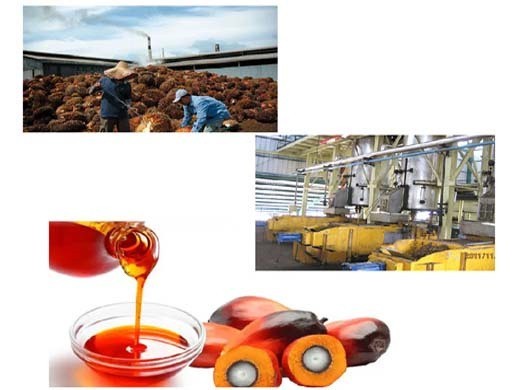
Vermicomposting biotechnology: Recycling of palm oil mill waste into valuable products International Journal Of Recycling of Organic Waste in Agriculture 2013 年 1 月 1 日 其他作者
Get Price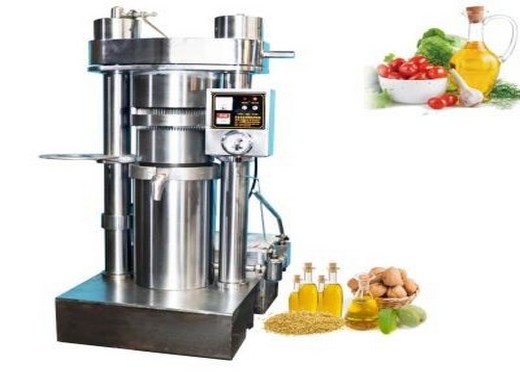
Vermicomposting biotechnology: recycling of palm oil mill wastes Jul 15, 2013 International Journal of Recycling of Organic Waste in Agriculture Palm oil mill effluent and palm press fiber are problematic wastes Get Price. Palm Oil Mill Wastes Utilization; Sustainability in the Malaysian the use of Palm mill wastes and suggestions on uses of this valuable crop and its by
Get Price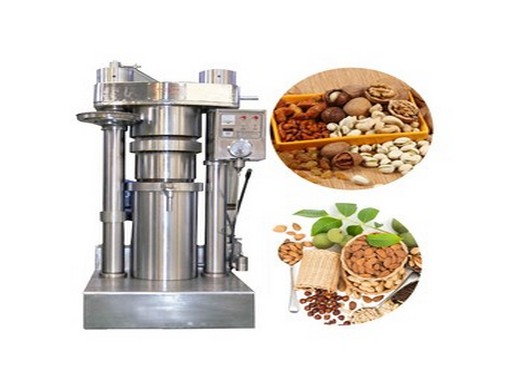
The aims of this study was to investigate the characteristics and physicochemical changes of vermicompost during composting of palm oil mill effluent (POME) sludge processed by epigeic earthworm (E. eugeniae) within 60 days. The value of macronutrients, micronutrients and heavy metals and pH in vermicompost comes out to be (pH8.3), carbon (C
Get Price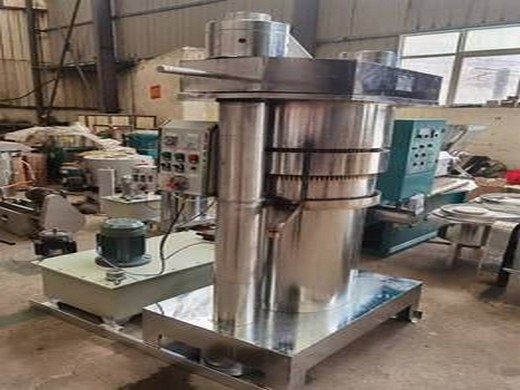
Weighbridges and weighing systems from Avery Weigh-Tronix can help prevent fraud and monitor productivity on palm oil plantations and in palm oil mills. Tank and silo weighers provide inventory control for oil palm and palm kernels at a mill.
Get Price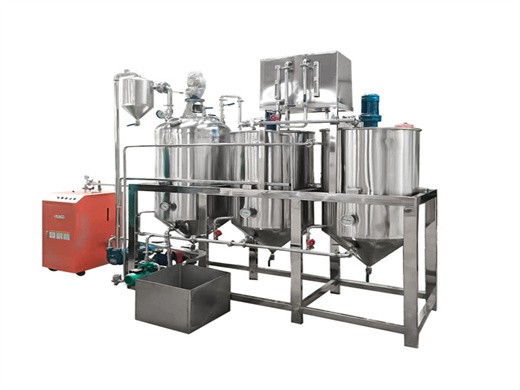
NOR FAIZAH JALANI, ASTIMAR ABDUL AZIZ, NOORSHAMSIANA ABDUL WAHAB, WAN HASAMUDIN WAN HASSAN and NAHRUL HAYAWIN ZAINAL, 2016, Application of Palm Kernel Shell Activated Carbon for the Removal of Pollutant and Colour in Palm Oil Mill Effluent Treatment, Journal of Earth, Environment and Health Sciences, Volume 2: Issue 1, Page 15-20, Accepted on 15 Mac 2016,
Get Price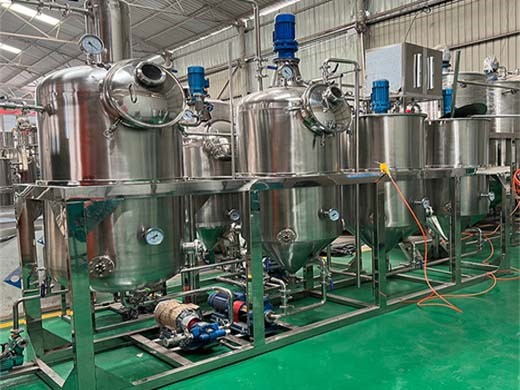
The aimed of this study was to identify methane-producing bacteria in anaerobic vessel which contained a mixture of Palm Oil Mill Sludge (POMS) and solid cud taken from the first compartment of cow’s stomach (1:2 and 2:1 ratio) as co-mixture. The co-mixture was incubated at 50 °C in a 2 L vessel with initial starter of 400 ml and sampling
Get Price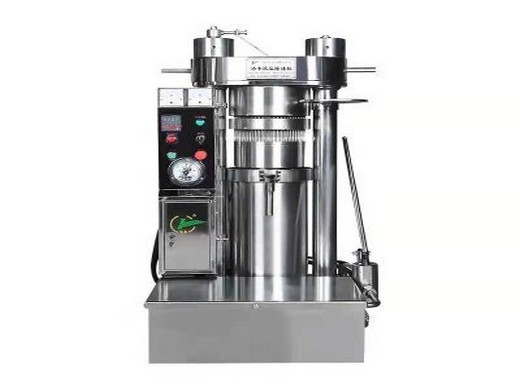
The process of bioconversion of solid organic wastes through vermicomposting justifies the environmental message for sustainability such as reduce, recycle and reuse of wastes. In the present study, wastes derived from two different types of paper mill sludge (primary and secondary), was used for their bioconversion through the vermicomposting process using an indigenous species of
Get Price
palm oil manufacturer/supplier, China palm oil manufacturer & factory list, find qualified Chinese palm oil manufacturers, suppliers, factories, exporters & wholesalers quickly on Made-in-China.
Get Price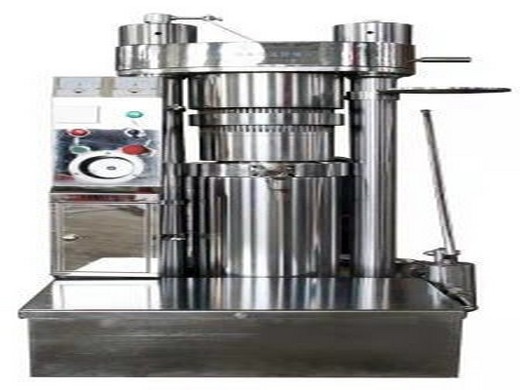
Vermicomposting as a sustainable practice. World Applied Science Journal 11(1), 70-81. 12. R. P. Singh, Asha Embrandiri, M. Hakimi Ibrahim and Norizan Esa (2011) Management of biomass residues generated from palm oil mill: Vermicomposting a sustainable option. Resources, Conservation & Recycling. 55 (4), 423-434.
Get Price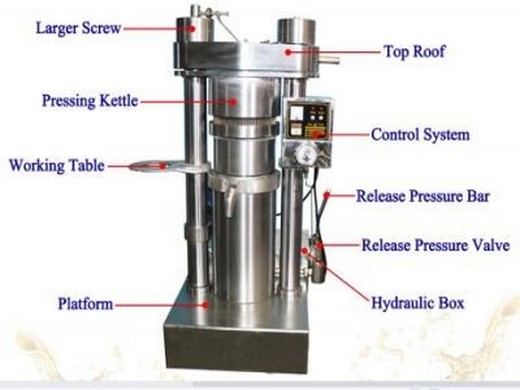
This paper reports on the characteristics of the Palm Oil Mill Secondary Effluent (POMSE) in four different period of sampling. The aim of this study was to measure the value of the Chemical Oxygen Demand (COD), Biological Oxygen Demand (BOD5), color, total suspended solid (TSS), turbidity, iron ferrous, and total iron in POMSE.
Get Price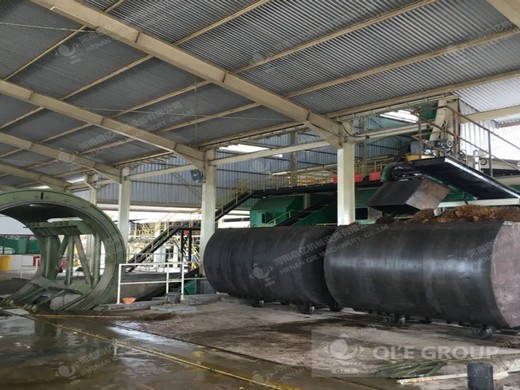
International Journal of Scientific and Research Publications, Volume 3, Issue 3, March 2013 ISSN 2250-3153 1 Palm Oil Mill Wastes Utilization; Sustainability in the Malaysian Context Asha Embrandiri*, Mahamad H. Ibrahim*, Rajeev P. Singh** *
Get Price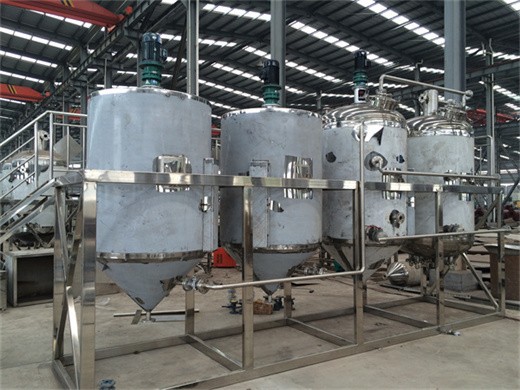
Vermicomposting biotechnology: Recycling of palm oil mill waste into valuable products International Journal Of Recycling of Organic Waste in Agriculture 2013 年 其他作者
Get Price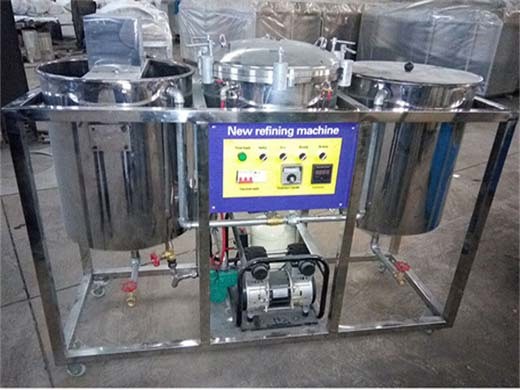
Vermicomposting biotechnology: recycling of palm oil mill wastes into valuable products. Effect of tertiary combinations of animal dung with agrowastes on the growth and development of earthworm Eisenia fetida during organic waste management . Influence of powdered Moringa oleifera seeds and natural filter media on the characteristics of tapioca starch wastewater. Chemical and biological
Get Price
Full Article. Presence of Residual Oil in Relation to Solid Particle Distribution in Palm Oil Mill Effluent. Wan Siti Shazzelyn Aida Wan Sharifudin, a, * Alawi Sulaiman, a, * Noriznan Mokhtar, b Azhari Samsu Baharuddin, b Meisam Tabatabaei, c,d Zainuri Busu, e and Karuppuchamy Subbian f The production of palm oil requires a large amount of water, which subsequently turns into wastewater known
Get Price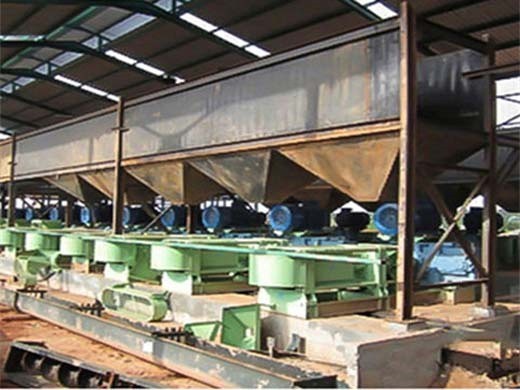
Composting and vermicomposting are considered two of the best techniques for solid biomass waste management. This paper presents vermicomposting as an effective tool for ruminant manure management. Vermicomposting is a mesophilic biooxidation and stabilisation process of organic materials that involves the joint action of earthworm and
Get Price
vermicomposting viz, bulk density, water holding capacity and porosity were also analyzed (Mckenizie et International Journal of Environment, Agriculture and Biotechnology (IJEAB) Vol-2, Issue-3, May-Jun-
Get Price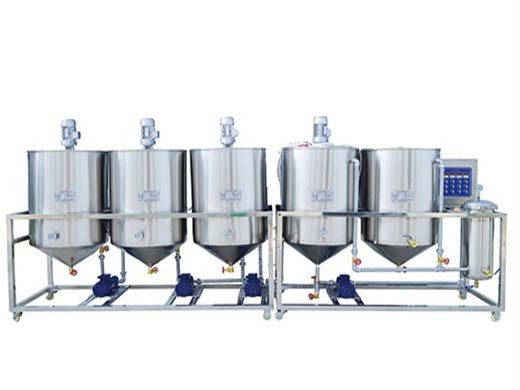
Effectiveness of combined thermophilic composting and vermicomposting on biodegradation and sanitization of mixtures of dairy manure and waste paper: The Quality of Rice Straw by Fermented with Manure As a Feed Ruminant: Characterization of humic acids derived from rabbit manure treated by composting-vermicomposting process
Get Price